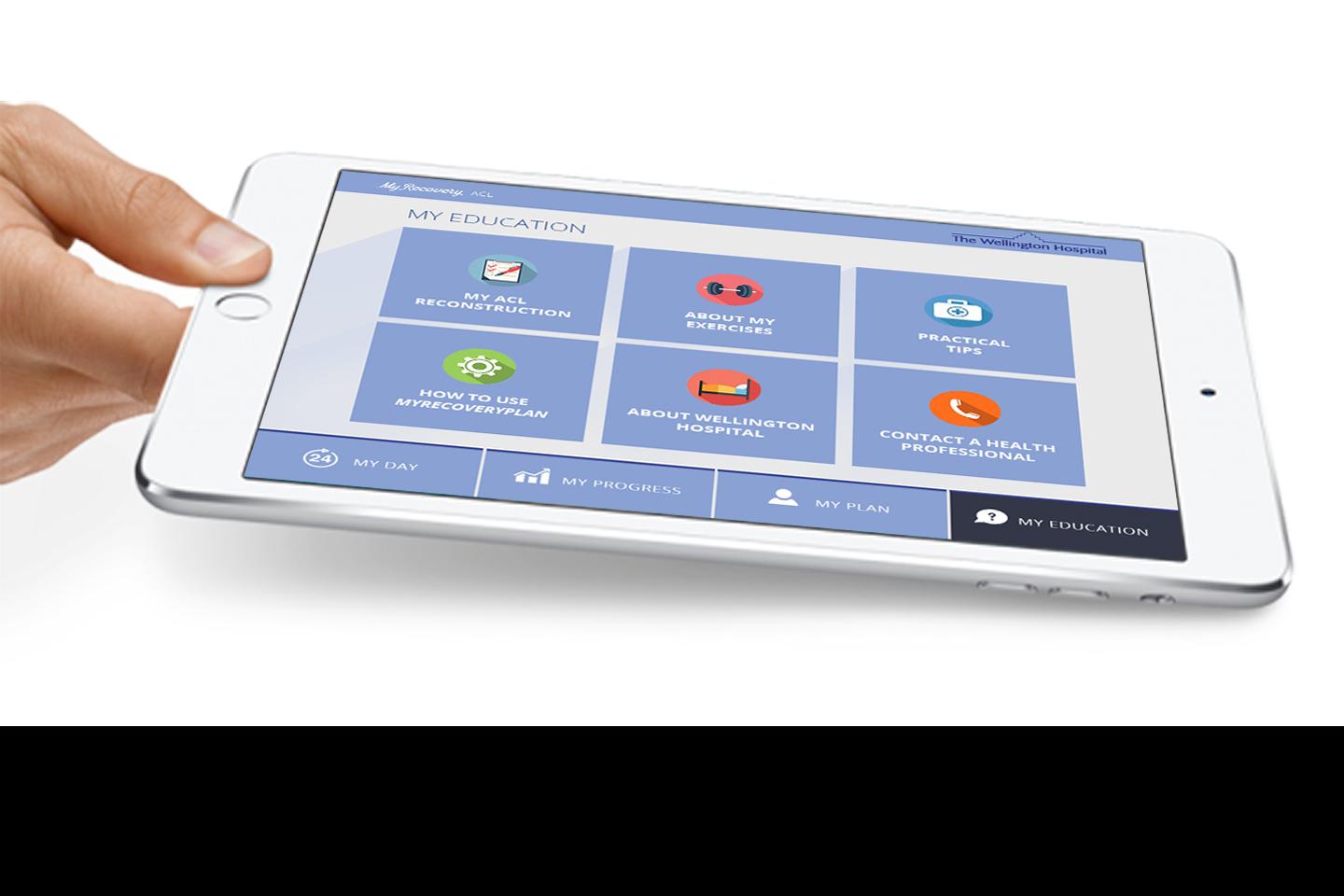One of the recent medical breakthroughs with potential to make a big impact in the world of healthcare is the rise of the mobile application. Doctors have long based their diagnoses on educated guesses about the kind of lifestyle you lead. If you said you were active and your body weight seemed ok, doctors would assume that held true for you.
Today, doctors are using data collected by wearable health monitoring applications that track the things we do throughout the day. Everything from our pulse to the number of steps we take is now available as trackable data. The trouble is verifying the integrity of that data, which remains a challenge. The good news is that early use cases for health applications are showing good results.
The Apple Watch
The Apple Watch represents a huge breakthrough in the field of wearable technology that improves health. The watch works with the Apple health app, which is available on the iPhone, to collect data about your activity. Health tracks the calories you consume, and it can look at sleeping patterns as well. It works with other fitness data apps, such as Nike +. These apps help track data on physical activity as well.
The watch can track steps and heart rate. All of this data combined forms a picture of your lifestyle, and gives doctors some ideas on when you’re stressed, for instance. They can examine your heart rate, or your footsteps, to see when and how you exercise. While this data isn’t 100% accurate yet, it does provide a fuller picture with which to make an educated guess.
About the Author: Phineas Upham is an investor at a family office/ hedgefund, where he focuses on special situation illiquid investing. Before this position, Phin Upham was working at Morgan Stanley in the Media and Telecom group. You may contact Phin on his Phineas Upham website or Facebook page.

